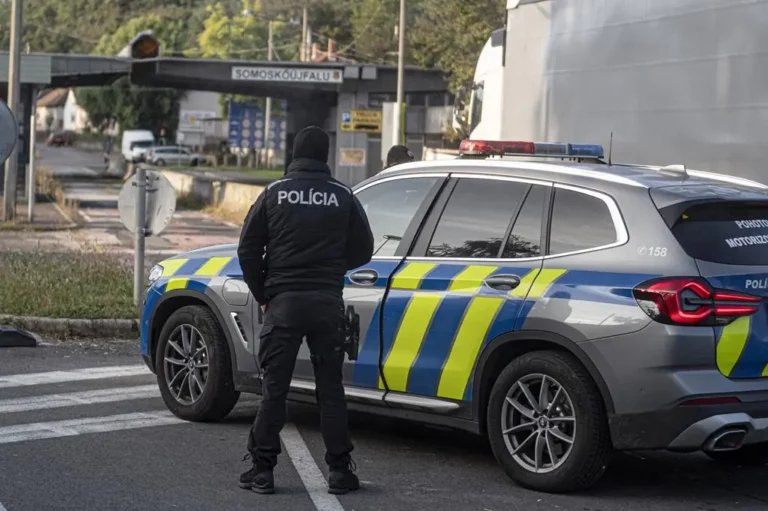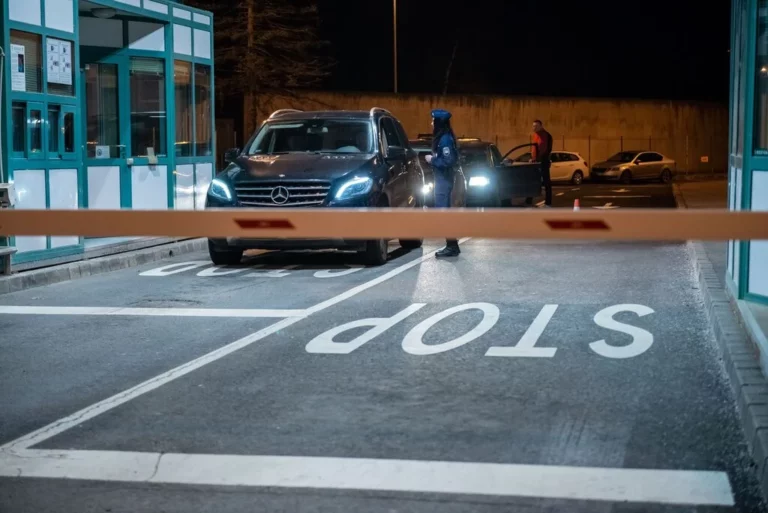Slovenia
New Hungarian president perfectly repeats the foreign policy guidelines of the Orbán cabinet

Hungary-Slovenia-Serbia regional electricity exchange deal inked

Foreign Minister: Central Europe fully backs Hungarian EU Presidency’s expansion plan

Hungarian minister agreed with his Slovenian colleague in these programmes

Hungarian Defence Minister meets Slovenian counterpart in Ljubljana
Hungary and Slovenia have had a "traditionally good" defence and military cooperation, Hungary's Defence Minister Kristóf Szalay-Bobrovniczky said after talks...
Night trains from Budapest to European cities and the Adriatic

Hungary establishes another important regional cooperation

Refuelling in Hungary? Fuel is cheaper in almost all neighbouring countries

Schengen in serious trouble: strict control prolonged at Hungarian border again

Another kick into Schengen: border control prolonged at this Hungarian border

Breaking: Slovenia prolongs border controls at Hungarian and Croatian border

Government-close foundation: Europeans don’t want leaders to finance war

Collapsing Schengen: strict control at Hungarian Schengen border remains in effect longer

Missing person: this foreign man was last seen in Hungary – UPDATE

End of Schengen? Another neighbouring country introduced border control from midnight

BREAKING: Slovenia introduces border controls at Hungarian border

Opposition party slams plans of battery plant in Hungarian village

Hungary-Slovenia gas interconnector to be constructed





 ZH
ZH IT
IT DE
DE HR
HR NL
NL FR
FR JA
JA RO
RO RU
RU ES
ES TR
TR
